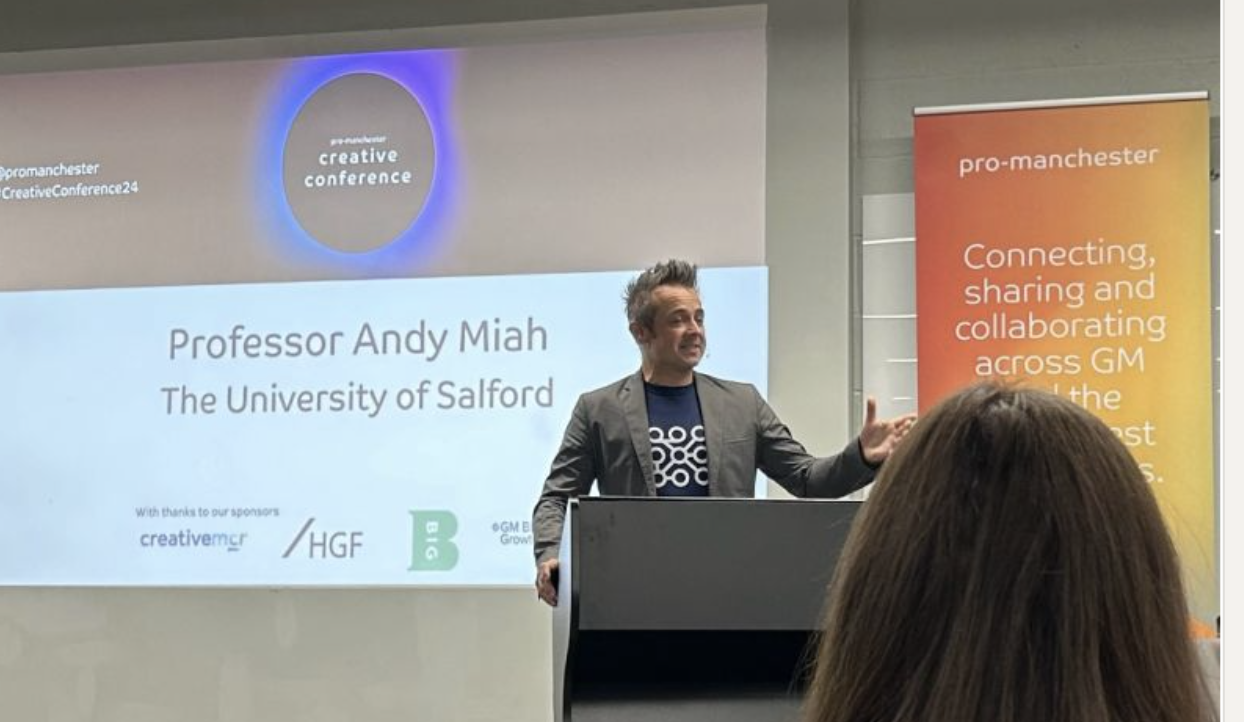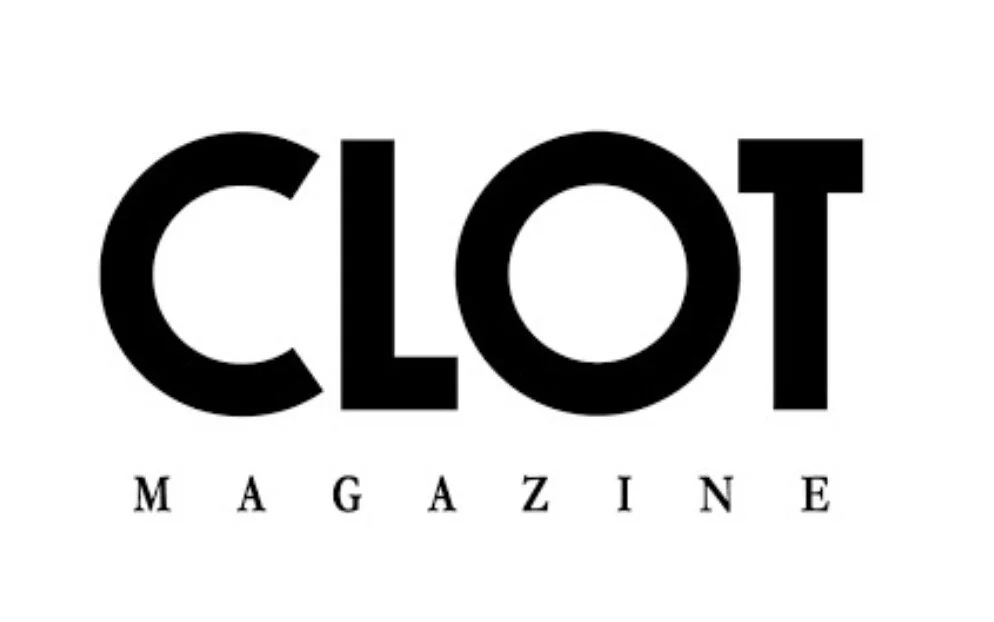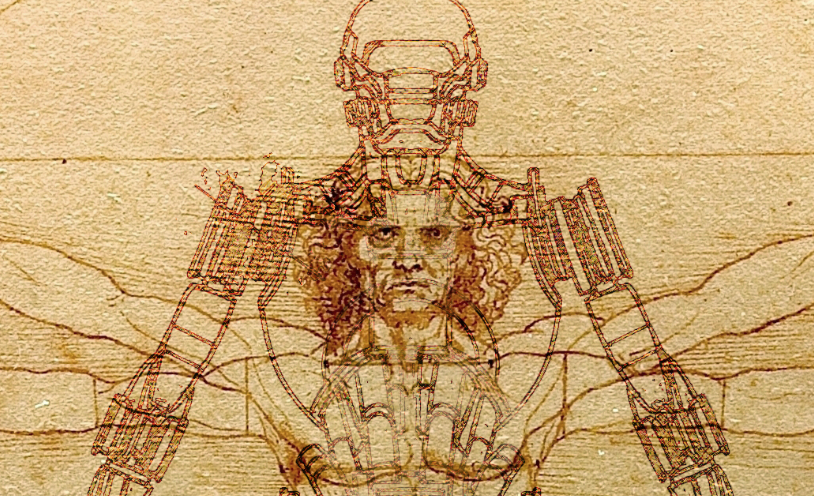
Make it stand out
What’s been happening?

Creative Conference manchester

‘How Our Drone Society was Made by Artists and What it Tells us About Ourselves’

Biodesign in the Antropocene

Pitch to Pixel

Abandon Normal Devices

#SheffDocFest with @WellcomeTrust

Project Daedalus with Arts Orgs

Electric Art - new commission

Digital Utopias

In Conversation with Marcus Coates

Project Daedalus needs a Producer & Research Assistant

Creative Futures: The Rise of Biocultural Capital
!["I, Scientist" at TEDx Warwick [VIDEO]](https://images.squarespace-cdn.com/content/v1/563face7e4b06c325c739ba9/1447019575958-NVZOYLTVWZ2QEWH1TPEM/image-asset.png)
"I, Scientist" at TEDx Warwick [VIDEO]

TEDx Warwick

Democratic Art

Scotland on Sunday profile

